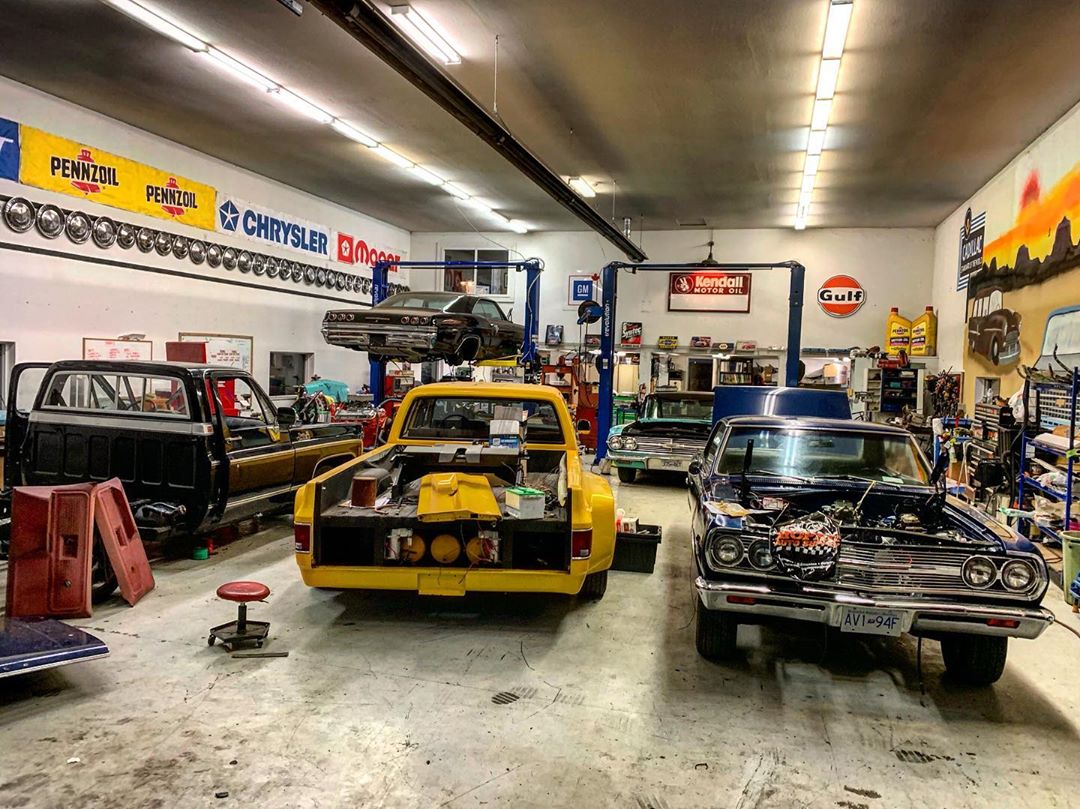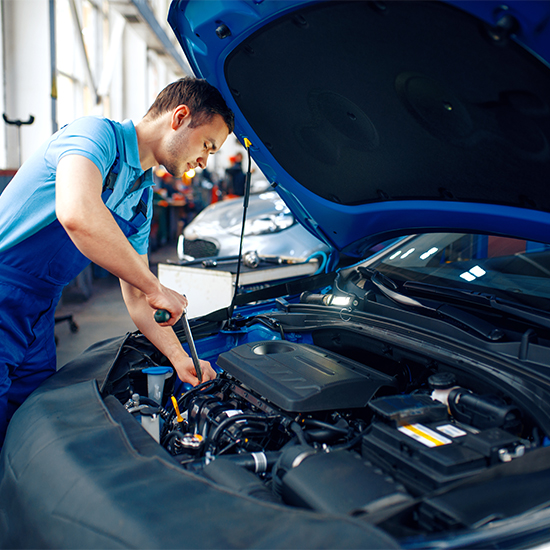All Categories
Featured
Your car's brakes are one of one of the most vital elements in ensuring your security and the safety and security of others when traveling. Normal brake assessments are crucial to preserving optimal stopping efficiency and avoiding pricey repair work. Whether you're a skilled automobile owner or a brand-new driver, understanding brake assessment standards can help you stay positive concerning upkeep and guarantee your car is always roadworthy.
- Why Brake Inspections Matter. Brakes are subject to constant wear and tear. The more you drive, the a lot more friction your brake pads withstand, eventually bring about minimized stopping performance. Without correct assessment, it's challenging to assess when your brakes could be in demand of repair work. Regular brake checks help identify issues beforehand, stopping prospective failures that could put you in jeopardy.
A well-kept brake system ensures fast, receptive quiting power, particularly in emergencies. It additionally helps extend the life of your automobile, as neglecting brake upkeep can lead to more extreme, pricey troubles later.
- Signs You Need a Brake Inspection. While it's vital to have your brakes inspected occasionally, specific indicators may suggest that they require attention. Keep an eye (and ear) out for these caution signals:
Squeaking or Grinding Sounds: Unusual sounds, especially a piercing screech or grinding noise, often imply that your brake pads are used down. Vibration or Pulsation: If you feel vibrations or a pulsing feeling when pressing the brake pedal, it could be an indicator of distorted rotors or irregular brake pad wear. Minimized Brake Responsiveness: If your brakes feel less responsive or you have to push the pedal harder to reduce, it may show air in the brake lines or reduced brake liquid. Drawing away: If your lorry draws to one side when braking, it could suggest uneven brake pad wear or a brake liquid leakage. Control Panel Caution Lights: Some automobiles have brake-related caution lights that indicate problems like low brake fluid or worn brake elements. If you see any one of these signs and symptoms, it's important to have a professional mechanic do a brake evaluation as soon as feasible.

- What Happens During a Brake Inspection? During a brake examination, a mechanic will examine several essential elements of the braking system to make sure whatever remains in working order. Right here's what you can anticipate during the process:
Brake Pads and Shoes: The mechanic will certainly inspect the density of the brake pads or shoes. If they're also slim, they'll require to be changed. Brake Rotors: Blades are the discs that the brake pads press versus to reduce your auto down. They'll be checked for any kind of indicators of wear, scoring, or bending. Brake Liquid: Reduced or infected brake fluid can hinder braking efficiency. The specialist will certainly check the fluid degree and quality and top it up or purge it if required. Brake Lines and Pipes: Brake lines bring liquid from the master cyndrical tube to the brakes. The technician will look for any type of leakages, fractures, or damages to make certain proper liquid flow. Brake Calipers and Wheel Cyndrical Tubes: Calipers and wheel cyndrical tubes push the brake pads against the blades or drums. The technician will certainly examine for wear, leakages, and correct procedure. 4. How Typically Should You Have Your Brakes Checked? The regularity of brake assessments relies on aspects like your driving routines, the kind of automobile you drive, and the environment in which you drive. As a general guideline, it's an excellent idea to have your brakes evaluated every 12,000 miles or yearly. If you experience any of the caution indications pointed out previously, it's crucial to obtain your brakes examined quickly.
For those that often drive in rush hour, mountainous surface, or harsh weather, more frequent inspections may be required.
- Importance of Timely Brake Fixes. When you spot a trouble with your brakes, it's necessary to resolve it right now. Postponing brake fixings can bring about more substantial damage to your stopping system, causing higher repair work expenses. In severe instances, overlooking brake issues can result in finish brake failure, which is a significant safety risk.
By remaining on top of brake upkeep and resolving issues promptly, you make sure that your brakes continue to do as planned, maintaining you and your travelers risk-free when traveling.
Conclusion: Maintain Your Brakes in Leading Forming. Brake inspections are an easy yet essential part of vehicle maintenance. By comprehending the importance of regular evaluations, knowing the indications of brake issues, and staying aggressive with fixings, you can ensure your lorry's braking system continues to be in optimum problem. Normal brake checks offer peace of mind, understanding that your cars and truck is all set to react when you require it most. Prioritize brake maintenance-- your safety and security depends on it.
Latest Posts
How Consistent Vehicle Maintenance at Montclare Auto Repair Reduces Costs
Uncover Montclare Auto Repair’s Most Popular Services and Why Drivers Trust Them
Discover Why Chicago Drivers Prefer Montclare Auto Repair for Trusted Service and Great Savings
More
Latest Posts
How Consistent Vehicle Maintenance at Montclare Auto Repair Reduces Costs
Uncover Montclare Auto Repair’s Most Popular Services and Why Drivers Trust Them
Discover Why Chicago Drivers Prefer Montclare Auto Repair for Trusted Service and Great Savings
